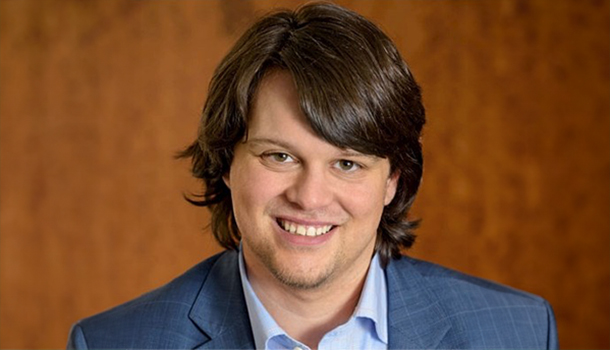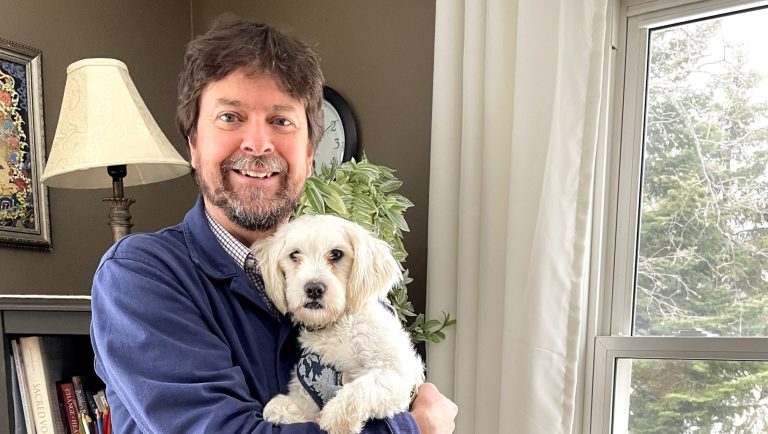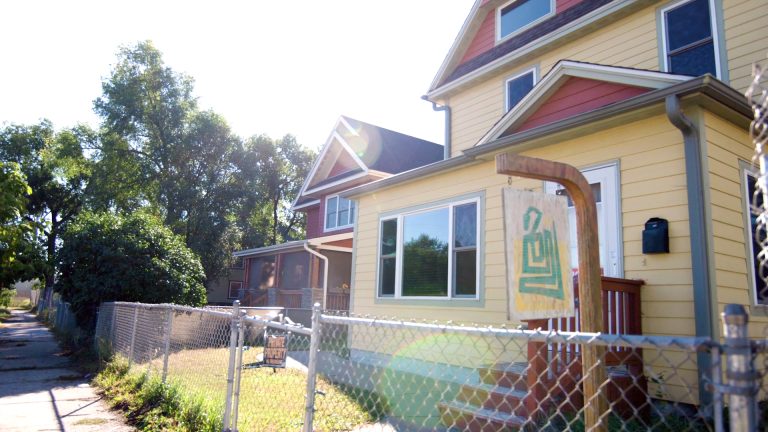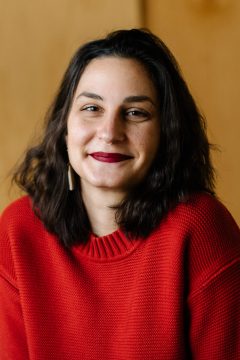Unprecedented is a word often used to describe 2020. The year has presented unimaginable challenges, seemingly all at once. It has pressed philanthropy to respond with urgency, innovation, and collective action. Last spring, as foundations executed emergency response funding, expanded grantmaking, and eased or eliminated restrictions on grants in an initial response to Covid-19, we also prepared longer-term recovery strategies. In one such action, the Minnesota Council on Foundations (MCF) established the Integrated Capital Recovery Program in partnership with local funders, including McKnight.
The initiative has identified potential program-related investments (PRIs) and grants to support Minnesota Community Development Financial Institutions (CDFIs). CDFIs are vital to serving underinvested communities under normal circumstances and even more crucial in a crisis. CDFIs can attract, leverage, and deploy capital far beyond philanthropic grant resources through social investments and market-rate capital. More importantly, they can make funds directly available to the hardest-hit communities. To date, the Integrated Capital Recovery Program has identified $62 million in PRIs and $12 million in grants from 22 CDFIs across Minnesota.
CDFIs align and aggregate those resources toward critical priorities of McKnight’s new Vibrant & Equitable Communities program. These priorities include rebuilding damaged corridors and neighborhoods, expanding local and collective ownership opportunities, and supporting small businesses or nonprofits owned or led by communities of color, women, or Indigenous people.
A Coordinated Approach to Problem-Solving
RSF Social Finance of San Francisco, which finances social entrepreneurs, coined the term integrated capital. It refers to the holistic, coordinated use of multiple philanthropic approaches to solve social and environmental problems. This includes financial capital and nonfinancial resources such as networking, advisory support, and knowledge sharing.
The Integrated Capital Recovery Program is an example of integrated capital in action. Participating foundations not only contribute capital but also exchange information, identify investments, develop shared analysis and due diligence, structure deals, and execute investments that would be too cumbersome or challenging for them to pursue alone.
Investing for Impact and a Triple Bottom Line
The Integrated Capital Recovery Program showcases how foundations can integrate program goals with institutional investments—the concept of impact investing, which marries social change with financial gain. McKnight began its impact investing program in response to the 2008 Great Recession, another singular period of economic disruption that called for new strategies and bold action.
At that time, impact investing was considered a sacrifice of financial capital for social good. McKnight used the strategy to optimize the Foundation’s resources in order to build and strengthen communities’ responses to the foreclosure crisis and economic downturn. In doing so, the Foundation ultimately experienced a triple bottom line: financial returns, programmatic returns, and learning returns.
“Today approximately 45 percent of our endowment is mission aligned, achieving our programmatic goals and putting our values and resources to work in the world.”
Since then, impact investing has become a powerful tool for augmenting McKnight’s grantmaking. Today approximately 45 percent of our endowment is mission aligned, achieving our programmatic goals and putting our values and resources to work in the world. We seek investments that create affordable housing, help build the sustainability of our metro region, support small businesses owned by people of color, increase energy efficiency, promote the distributed generation of electricity, or reduce chemical inputs in commercial agriculture.
Join the Integrated Capital Recovery Program
Funders interested in joining the Integrated Capital Recovery Program should contact MCF. The organization will provide education about integrated capital and how the program can help funders make PRIs and grants to support long-term crisis recovery. MCF members can also view webinars to learn more.
For more information or to become involved with the program, contact Susan Hammel, MCF executive in residence.



